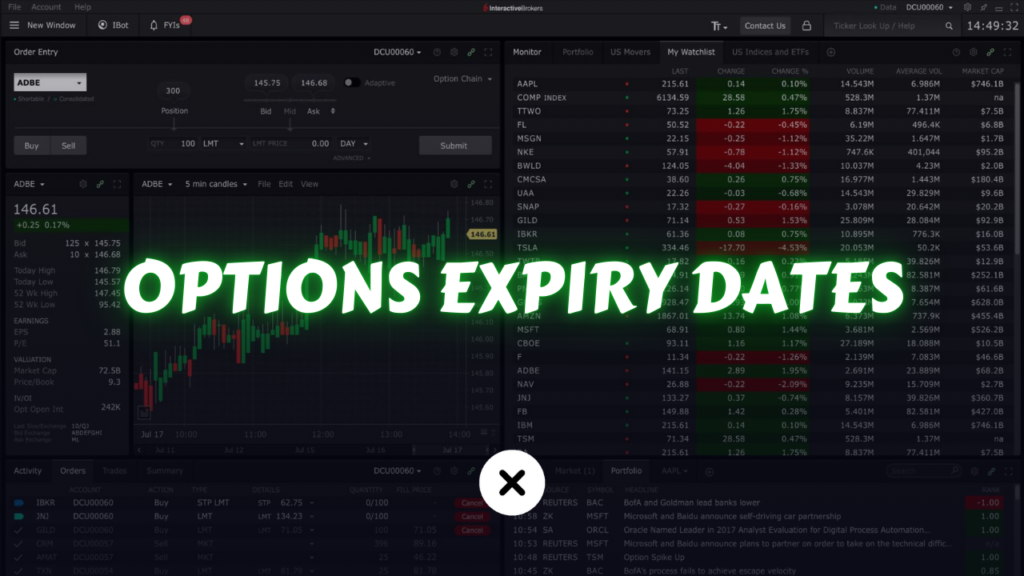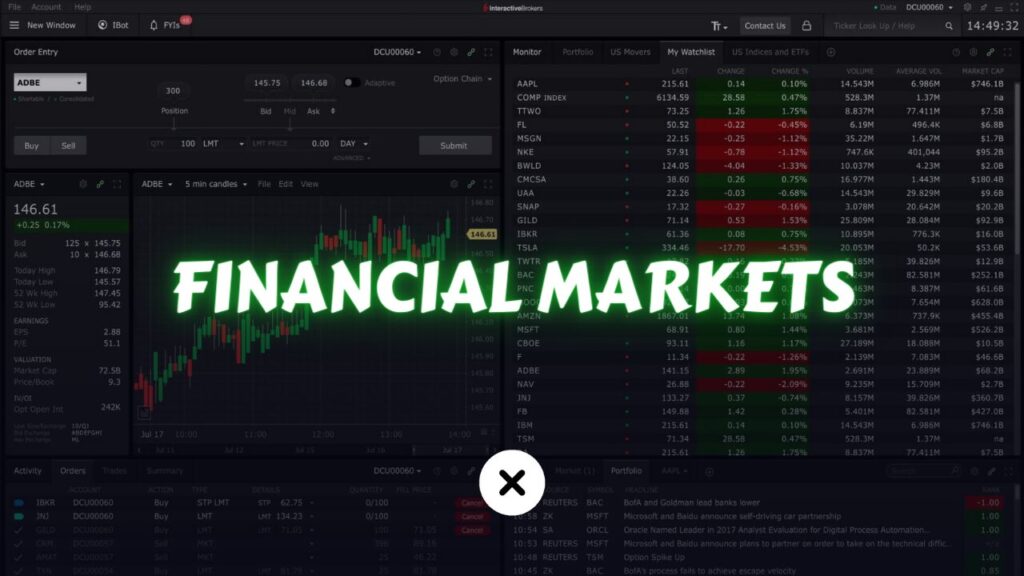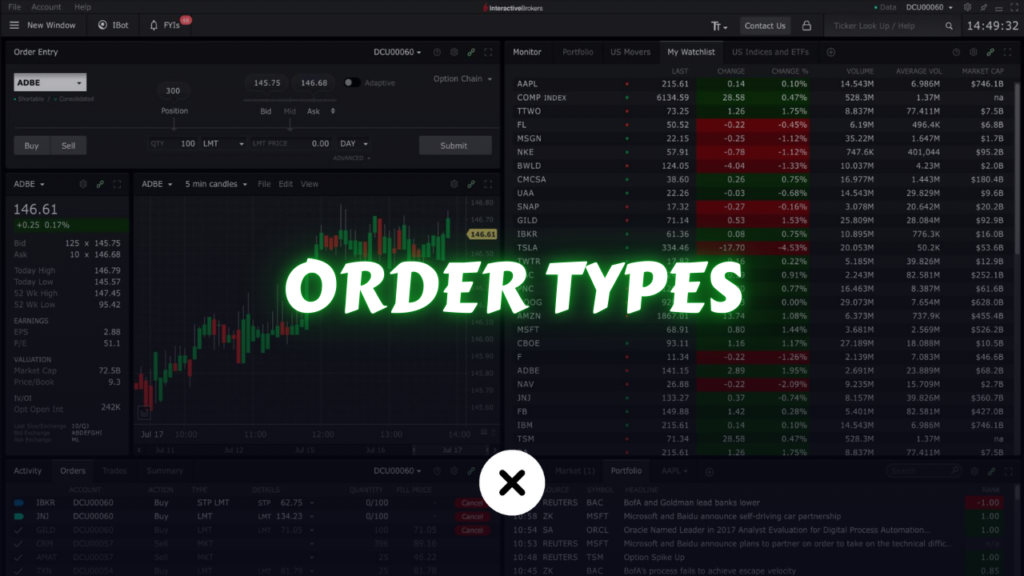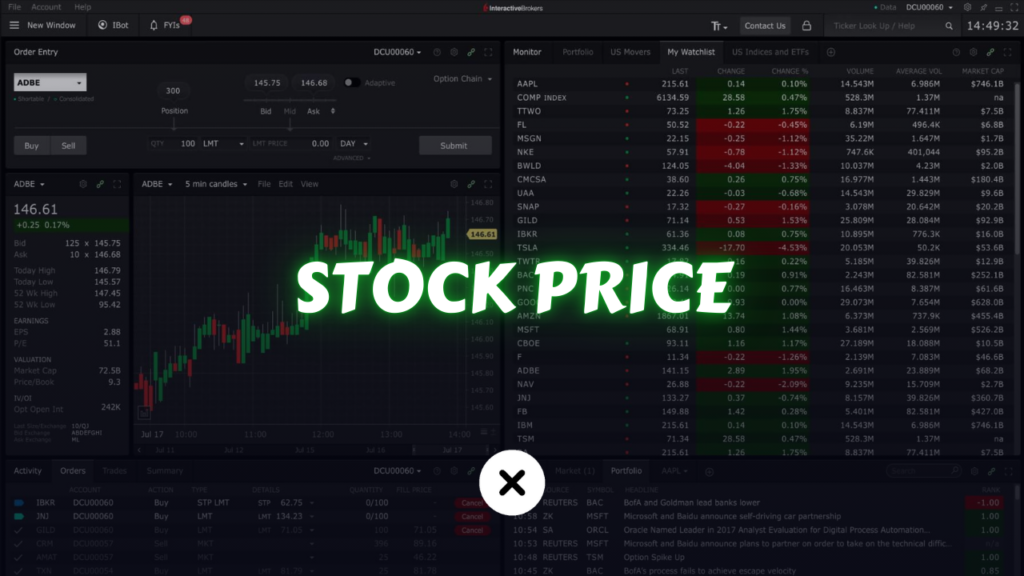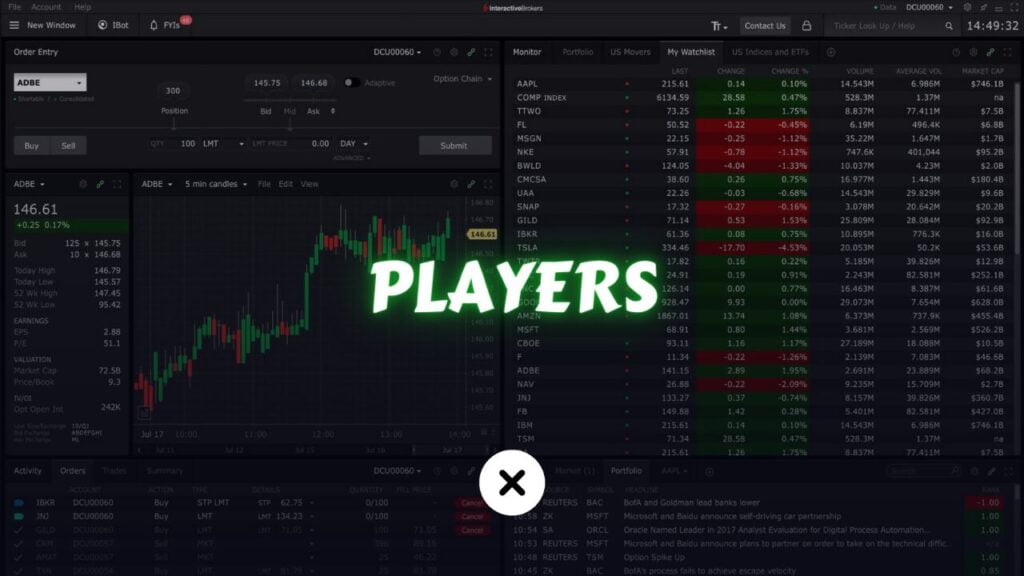Options trading is an essential part of the financial markets, offering traders flexibility, leverage, and opportunities to manage risk. A critical aspect of trading options is understanding options expiry dates. These dates play a significant role in determining an option’s value, influencing strategies, and shaping market movements.
In this article, we’ll explore options expiry dates in detail, explain their importance, and provide actionable insights to help traders make informed decisions.
What Are Options Expiry Dates?
An options expiry date is the final day on which an options contract is valid. After this date, the contract ceases to exist, and any rights associated with it (the right to buy or sell the underlying asset) become void.
Key Features of Expiry Dates
- Defined Period: Each options contract is assigned an expiration date when it’s created.
- Final Trading Day: This is typically the last day traders can buy or sell the contract.
- Settlement: After expiry, contracts are either settled or expire worthless, depending on their intrinsic value.
Why Are Options Expiry Dates Important?

Understanding expiry dates is crucial for traders due to the following reasons:
1. Time Decay (Theta)
Options lose value as they approach expiry, a phenomenon known as time decay. The closer an option gets to its expiry date, the faster it loses extrinsic value. This affects the profitability of:
- Buyers: Time decay works against option buyers.
- Sellers: It benefits sellers who profit from the decay.
2. Intrinsic vs. Extrinsic Value
- Intrinsic Value: Determined by the option’s in-the-money (ITM) status.
- Extrinsic Value: Composed of time value and volatility. At expiry, only intrinsic value remains, which is why options’ value can drop sharply as expiry nears.
3. Assignment and Exercise
On or before expiry, options that are in-the-money are either exercised (by holders) or assigned (to sellers). Traders need to be aware of the implications of:
- Exercising rights (buying/selling the underlying asset).
- Being assigned, which can result in unexpected obligations.
4. Volatility Near Expiry
As expiry approaches, options can exhibit heightened price sensitivity to movements in the underlying asset, known as gamma risk.
Types of Expiry Dates
Different types of options have varying expiration schedules:
1. Standard Monthly Expiry
- Occurs on the third Friday of every month.
- The most commonly traded options fall into this category.
2. Weekly Options
- Expire every Friday (except on standard monthly expiry weeks).
- Popular among short-term traders due to their lower premiums.
3. Quarterly Options
- Expire on the last trading day of each quarter.
- Typically used by institutions for hedging purposes.
4. End-of-Month Options
- Expire on the final trading day of each month.
- Offer unique hedging and trading opportunities.
5. Long-Term Options (LEAPS)
- Can have expiration dates up to two years or more in the future.
- Preferred by long-term investors for strategic plays.
How Expiry Affects Options Pricing

Options pricing is influenced by three key factors:
- Intrinsic Value: Reflects the difference between the strike price and the underlying asset’s price.
- Extrinsic Value: Based on time to expiry and implied volatility.
- Time Decay: As expiry nears, extrinsic value diminishes, impacting overall pricing.
What Happens on Expiry Day?
1. In-The-Money Options
- Automatically exercised in most cases.
- Traders must have sufficient capital to handle the resulting transaction.
2. Out-of-The-Money Options
- Expire worthless.
- Traders lose the premium paid for the contract.
3. Settlement
Options are either settled in cash or require physical delivery of the underlying asset, depending on the type of option and market.
Key Strategies Around Expiry Dates
1. Rolling Options
- Traders can extend their position by “rolling” an option to a later expiry date. This involves closing the existing contract and opening a new one with the same strike price but a different expiry.
2. Close Before Expiry
- To avoid risks associated with unexpected movements or assignment, many traders choose to close their positions before expiry.
3. Theta Decay Advantage
- Options sellers often capitalize on time decay by writing contracts that expire soon, profiting as the option loses value.
4. Straddles and Strangles
- These strategies can benefit from increased volatility near expiry.
Options Expiry in the Stock Market

1. Stock Options
- Typically expire on the third Friday of the contract’s month.
- Settlement involves buying/selling the underlying stock.
2. Index Options
- Settled in cash rather than the physical delivery of an asset.
- Often expire on the third Thursday or Friday of the month.
Tips for Traders
- Monitor Expiry Dates Regularly:
- Use a trading calendar to keep track of upcoming expiry dates.
- Understand the Settlement Process:
- Know whether the option settles in cash or requires physical delivery.
- Plan for Volatility:
- Be prepared for price fluctuations as expiry approaches, especially for at-the-money options.
- Utilize Stop Loss and Risk Management:
- Protect your capital by setting predefined exit points.
- Be Aware of Broker Rules:
- Some brokers automatically close positions near expiry to avoid risks.
Common Questions About Options Expiry
1. What Happens If I Don’t Close My Options Before Expiry?
- ITM Options: Typically exercised automatically.
- OTM Options: Expire worthless, and you lose the premium paid.
2. Can I Trade on Expiry Day?
Yes, but liquidity may vary, and price movements can be highly volatile.
3. Do All Options Expire on Fridays?
No, while most options expire on Fridays, some (like quarterly or special contracts) may have different schedules.
Conclusion
Understanding options expiry dates is essential for successful trading. By grasping the mechanics of expiry, traders can anticipate market behavior, manage risks, and optimize strategies. Whether you’re a beginner or an experienced trader, keeping a close eye on expiry dates and planning your trades accordingly can significantly improve your outcomes.
For further insights into options trading, stay updated with our comprehensive guides and resources!
